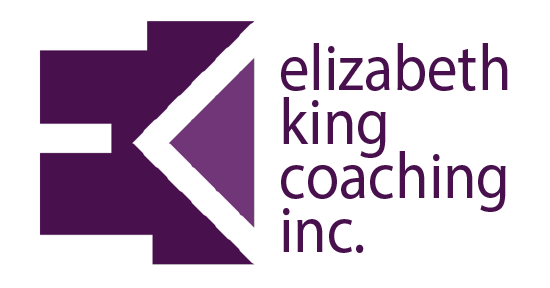Tech Alternatives Don't Foster The Imagination of Humanness
This marks the last in a three-part installation of clips of Martha Craven Nussbaum’s 2011 Commencement address at Mount Holyoke College. Nussbaum’s commentary is incredibly timely, having come just before the announcement of Peter Theil’s pay-to-drop-out program for college students to start businesses and the heated conversation that entrepreneurs are having around education, illegal unpaid internships, and the value of college itself.In these times of educational upheaval, in which, "Why would I memorize that if I can just look it up?" is a thrown around at cocktail parties like some insider bit of wisdom, it's imperative that we remember (or even learn) why being broadly, liberally educated matters.If any of these interests you, you’ll want to check out Nussbaum’s comments about:
• the capacity for critical examination of oneself and one's traditions--for living what, following Socrates, we may call "the examined life."
• [the] ability to see themselves as not simply citizens of some local region or group but also, and above all, as human beings bound to all other human beings by ties of recognition and concern.
And finally: “the narrative imagination” (or, the ability to put yourself in another person’s shoes).
[C]itizens cannot think well on the basis of factual knowledge alone. The third ability of the citizen, closely related to the first two, can be called the narrative imagination. We all are born with a basic capacity to see the world from another person’s point of view. That capacity, which we share with a number of other animal species, is a part of our biological heritage. Psychologist Paul Bloom of Yale has shown that it is present in infants even during the first year of life. This capacity, however, needs development, and it particularly needs development in areas in which our society has created sharp separations between groups. We know that human beings are all too capable of what psychologist Robert Jay Lifton, in his powerful book The Nazi Doctors, calls “splitting”: that is, we can live lives rich in empathy with our own group, recognizing the humanity of its members, while denying humanity to other groups and people. Good citizenship requires that we challenge our imaginative capacity, learning what the world looks like from the point of view of groups we typically try not to see. Ralph Ellison, in a later essay about his great novel Invisible Man, wrote that a novel such as his could be "a raft of hope, perception, and entertainment" on which American culture could "negotiate the snags and whirlpools" that stand between us and our democratic ideal. His novel, of course, takes the "inner eyes" of the white reader as its theme and its target. The hero is invisible to white society, but he tells us that this invisibility is an imaginative and educational failing on their part, not a biological accident on his. This ability is cultivated, above all, by courses in the arts and humanities. And I think it is in some ways the most essential of all, if we are to work toward a world in which we see distant lives as spacious and deep, rather than simply as occasions for enrichment.The imagination of humanness, we might call it. And this ability is cultivated not only by the study of literature, but also by music, fine arts, dance, and the other creative arts--…. Today, in elementary and high schools all over America, literature and the arts are being slashed away, since they look like useless frills that don’t help America make money. All too few colleges and universities send the strong signal of respect for them…and many are even downsizing or eliminating the arts themselves. Literature is still hanging in there, because of its core role in many general education curricula, but this too may be a thing of the past, if we don’t articulate the rationale for this study as an essential part of general education for all students. The Indian poet, philosopher, and educator Rabindranath Tagore, whose 150th birthday we are celebrating this month, builder of an experimental school and a liberal arts university, observed already in 1917 that the demands of the global economy threatened the eclipse of abilities that were crucial for a world of justice and peace: [H]istory has come to a stage when the moral man, the complete man, is more and more giving way, almost without knowing it, to make room for the … commercial man, the man of limited purpose. This process, aided by the wonderful progress in science, is assuming gigantic proportion and power, causing the upset of man's moral balance, obscuring his human side under the shadow of soul-less organization.** In 50 years, the world may remember the sort of education Mount Holyoke provides as a distant memory. If that is the way the future unfolds, the world will be a scary place to live in. What will we have, if these trends continue? Nations of technically trained people who don't know how to criticize authority, useful profit makers with obtuse imaginations. As Tagore put it, a suicide of the soul. What could be more frightening than that? … Democracies have great rational and imaginative powers. They also are prone to some serious flaws in reasoning, to parochialism, haste, sloppiness, selfishness. Education based mainly on profitability in the global market magnifies these deficiencies, producing a greedy obtuseness and a technically trained docility that threaten the very life of democracy itself, and that certainly impede the creation of a decent world culture, people who are able to see other human beings as equals, and nations that can overcome fear and suspicion in favor of sympathetic and reasoned debate. ** Tagore, Nationalism, 1917.
You can find all of Nussbaum's speech here.




